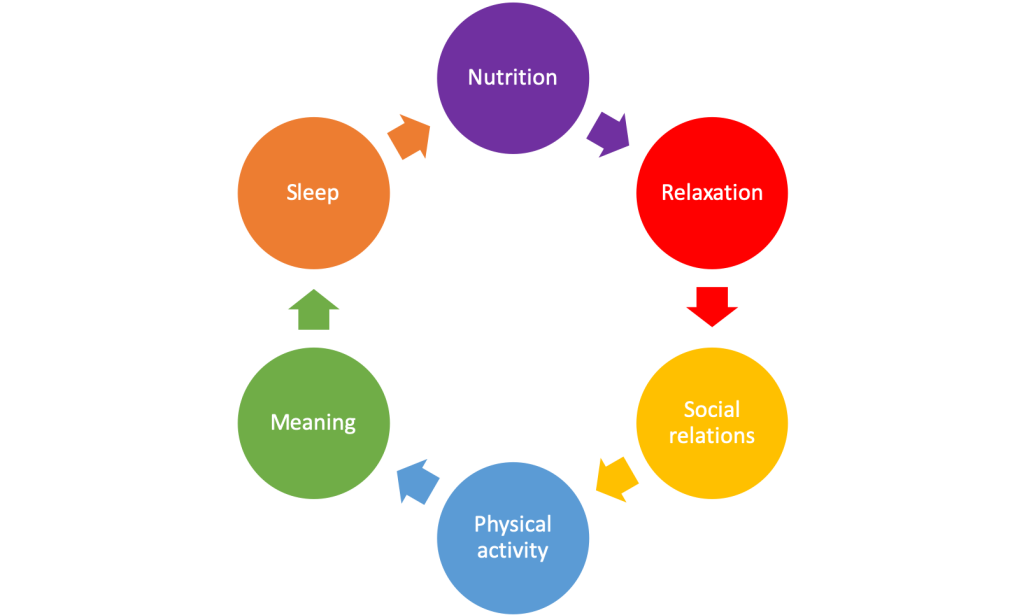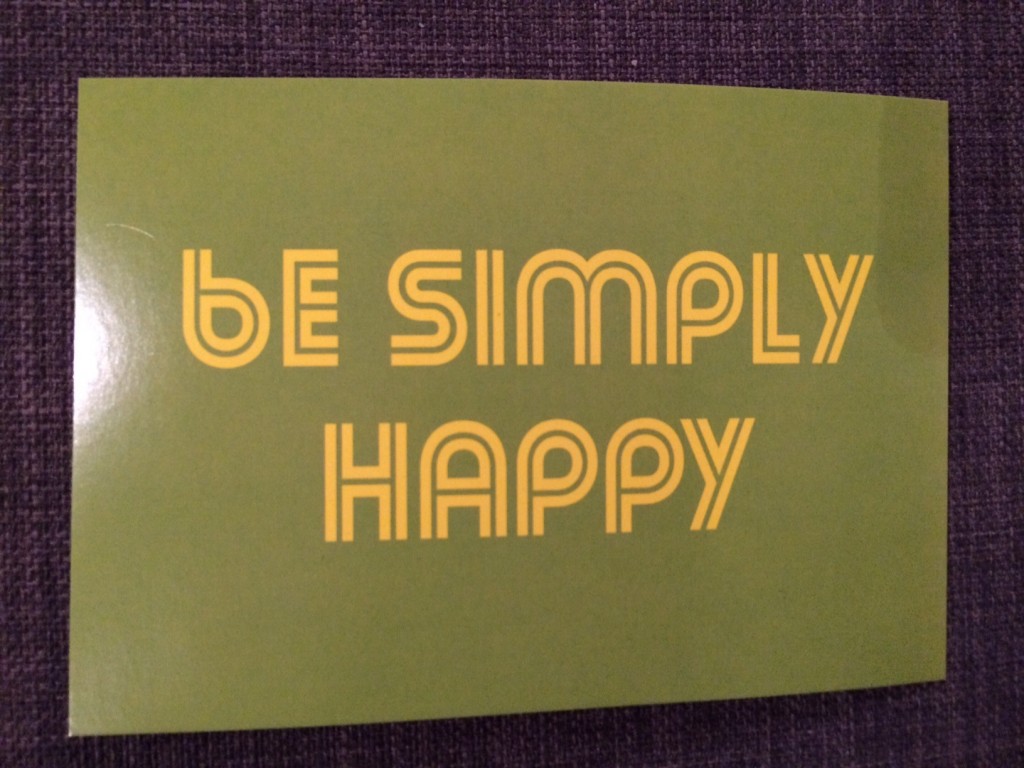“The pursuit of happiness is a beautiful thing. But it shouldn’t become an obsession.”
That’s one of the key messages of the Christmas speech of Dutch king Willem Alexander gave a few weeks ago.
It puts the finger on an important issue around happiness: happiness is worthwhile to pursue, but only in moderation. It should not become an obsession, indeed. Happiness gurus and positive thinkers may emphasise optimism so much, that they forget that bad things are a natural part of life. Sometimes life sucks, sometimes we fail, sometimes we doubt ourselves. And negative emotions – anger, guilt, self-doubt, sadness – are just as important in regulating our emotional health as positive emotions are.
If we shouldn’t obsess about happiness, should we still pursue it? Indeed, as Willem Alexander said: “one cannot force happiness. It is elusive. It comes suddenly”. In that vein, should we still wish each other a happy New Year?
Here the King’s Speech (in Dutch). The part on happiness starts around 3:00.
Have a Flourishing New Year
I think it’s still worth wishing each other a Happy New Year – it is an easy term and everybody has an image of what ‘happiness’ means. But we can also do better: in a way, ‘happiness’ is a lazy term. It is easily used incorrectly, and we have better, more precise alternatives. Many of them have been mentioned on the blog: well-being, meaning, life satisfaction, and flow.
Maybe the best one, though, is ‘flourishing‘, as described by Martin Seligman. A person that ‘flourishes’ doesn’t merely experience happy moments (and certainly doesn’t obsess about them!). Instead, he or she is doing well in a broad sense: positive emotions and meaning to live well, but also resilient in face of the dark days that inevitably will occur during the year.
Beyond happiness, pursue flourishing
Let’s cheer to a year of flourishing. But how do you pursue flourishing? A start point might be to pursue a healthy life style. The example below is taken from Arts en Leefstijl (Doctor and Life style) in the Netherlands. They recommend to pay attention to six factors to develop a healthy life style: nutrition, your social life, relaxation, physical activity, meaning, and sufficient sleep.
On some you will already perform well. My examples here: I get my eight hours of sleep, I am grateful for what is good, I try to be friendly and interested in others. Some will be more challenging: I can definitely reduce phone time and do more sports. Others will be in between: my eating pattern is overall fine, but I can sure do more to reduce sugar and get enough fruit and veg everybody. A healthy life style finds a right balance on all of them.
With that, let me wish you a Flourishing New Year, full of positive emotions, a healthy life style, and resilience. Go beyond happiness, and pursue flourishing.


